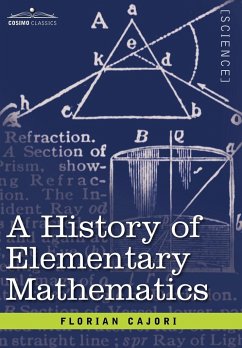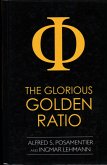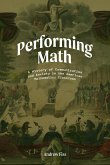Written as a teaching aid for graduate and undergraduate math students, Florian Cajori's comprehensive 1896 survey of mathematics from Babylonian to modern times makes for a fascinating read. (Did you know that the decimal system is based on our having ten fingers and toes?) Beginning with the number systems of antiquity, continuing through the Hindu and Arabic influence on medieval thought, and concluding with an overview of trends in modern mathematical teaching, this is an invaluable work not only for students and educators but for readers of the history of human thought as well. Swiss-American author, educator, and mathematician FLORIAN CAJORI (1859-1930) was one of the world's most distinguished mathematical historians. Appointed to a specially created chair in the history of mathematics at the University of California, Berkeley, he also wrote An Introduction to the Theory of Equations, A History of Mathematical Notations, and The Chequered Career of Ferdinand Rudolph Hassler.
Hinweis: Dieser Artikel kann nur an eine deutsche Lieferadresse ausgeliefert werden.
Hinweis: Dieser Artikel kann nur an eine deutsche Lieferadresse ausgeliefert werden.








